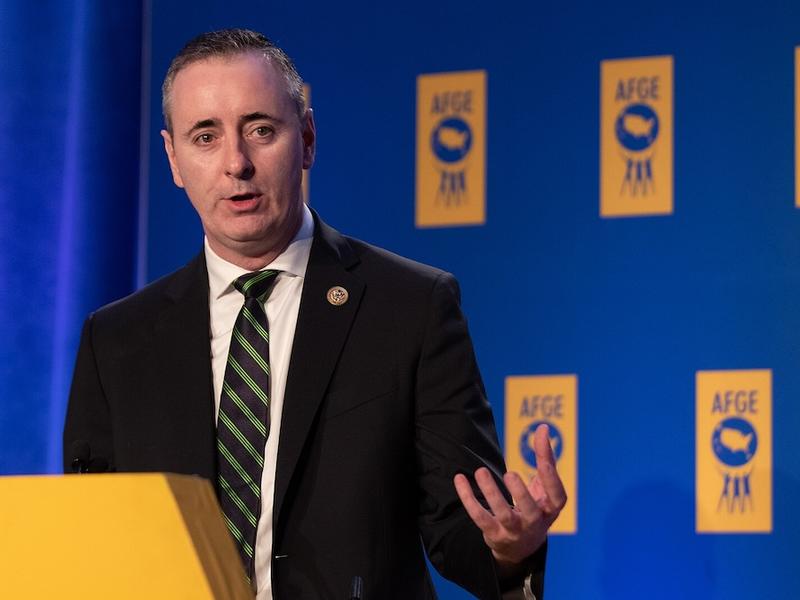
In talking to pollsters and political operatives in both parties over the past few days, I heard from nary a voice that thinks President Trump did anything other than hurt himself in last week’s debate. The only dispute is over how much.
Yet before we could even get a good read on the fallout from the debate, news of his positive coronavirus test and hospitalization threw everything up into the air again. It is unlikely that the president’s health situation will bring about much sympathy. In fact, it could cause him more political harm if any voters conclude that it was his and his staff’s disregard of the dangers of the coronavirus that contributed to his infection and those of others in the White House and his orbit.
At the very least, his positive test and trip to Walter Reed Army Medical Center effectively suspended the campaign, freezing it in what had been a very bad place for Trump. This suspension effectively locked Joe Biden’s lead into place, depriving Trump of precious days in which to chip away at his deficit.
Longtime GOP pros are expressing emotions ranging from deep concern to resignation and deep depression. One told me they were resigned to a “Reagan-Carter style blowout,” referencing the 1980 election in which the challenger beat the incumbent by nearly 10 percentage points in a 489-49 Electoral College win. (It was a bad night for downballot Democrats, too.) Others weren’t quite so expressive, but let’s just say they’re still greatly concerned. The fears among Republicans are either that the president’s political problems have metastasized to downballot candidates, or that disillusioned Republicans will opt to stay home, dooming GOP Senate and House candidates.
One set of data would seem to back that up. The U.S. Elections Project, run by University of Florida political scientist and voter-turnout expert Michael McDonald, shows that as of Sunday, 3,806,589 votes had already been cast. In Florida, Iowa, Maryland, North Carolina, New Jersey, Pennsylvania, and South Dakota, the reporting states that reveal party registrations, 55 percent of the votes had been cast by Democrats, 23 percent by Republicans, seven-tenths of a point by minor-party members, and 21 percent by those with no party affiliation. In the key battleground states Florida and North Carolina, Democrats cast 54 and 53 percent of the ballots already in, respectively, while Republicans accounted for 28 percent in Florida and 17 percent in North Carolina. Whether it ends up being quite that imbalanced remains to be seen.
There has been only very limited quality polling since the first debate. The NBC News/Wall Street Journal poll, conducted Wednesday and Thursday among 800 registered voters, put Biden ahead by 14 points, 53 to 39 percent, with 2 percent volunteering “neither” or “other,” and 5 percent saying they were unsure. Biden’s 53 percent was his high-water mark of the 11 NBC/WSJ polls taken this election cycle; Trump’s 39 percent was his lowest. Keep in mind that the best predictor of an incumbent president’s vote share is the job-approval rating. Trump had a 41 percent approval rating to 55 percent who disapproved.
Looking at it from a third angle, the poll also asked respondents how positive their feelings were toward Trump. Thirty-nine percent reported positive feelings, 5 percent were neutral, and 55 percent felt negative feelings. By comparison, Joe Biden was 43 percent positive, 16 percent neutral, and 41 percent negative. Regarding the debate—if that is what it was—49 percent said Biden did a better job; 24 percent thought Trump did.
A couple of caveats about this poll: Conducted jointly by the highly regarded Democratic firm of Hart Research and the Republican firm Public Opinion Strategies, the poll was taken the two nights immediately after the debate, while things were still a bit stirred up. In this survey, 35 percent identified themselves as Democrats, 27 percent as Republicans, and 32 percent as independents. With some extra prodding, 45 percent said they are or lean Democratic, to 36 percent who are or lean Republican.
In the previous NBC/WSJ poll, conducted Sept. 13-16 of 1,000 registered voters, 31 percent identified themselves as Democrats, 29 percent as Republicans, and 34 percent as independents. The question is, was the new poll a bit heavy on Democrats and/or light on Republicans in their sample, or the previous survey light on Democrats and/or heavy on Republicans?
The polling profession is divided on the question of weighting by party identification. Regardless, are we seeing a decline in GOP party identification or some other form of disenchantment? It is a legit question, but from the tone of conversations with various GOP operatives on Monday, the latter is a possibility.
The only other high-quality post-debate survey was a New York Times/Siena College poll in Arizona, taken Thursday through Saturday. That put Biden ahead by 8 points, 49 to 41 percent. That matches Biden’s mid-September lead of 9 points, 49 to 40 percent. The new survey put Democratic nominee Mark Kelly 11 points ahead of incumbent Martha McSally, 50 to 39 percent, up from 8 points in September. If you’re a Republican, those aren’t the numbers you want to see in a key state less than a month before Election Day.
This story was originally published on nationaljournal.com on October 7, 2020


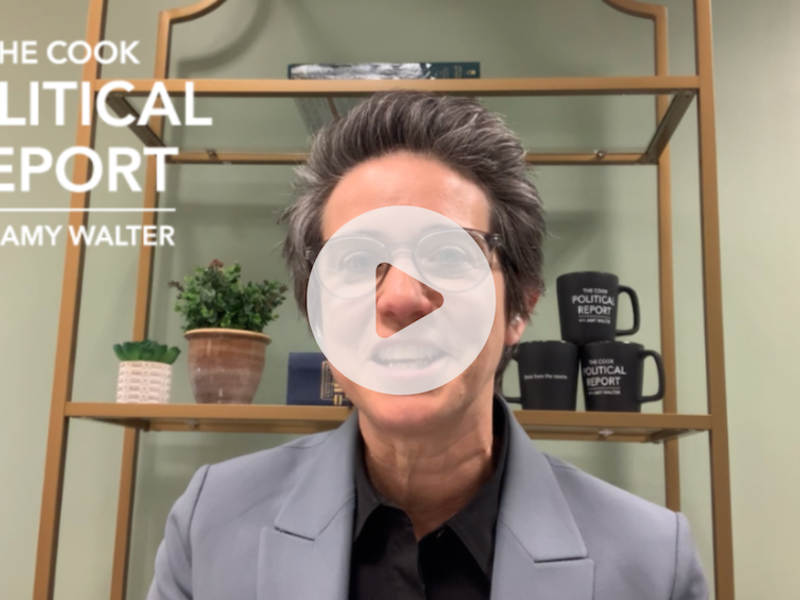

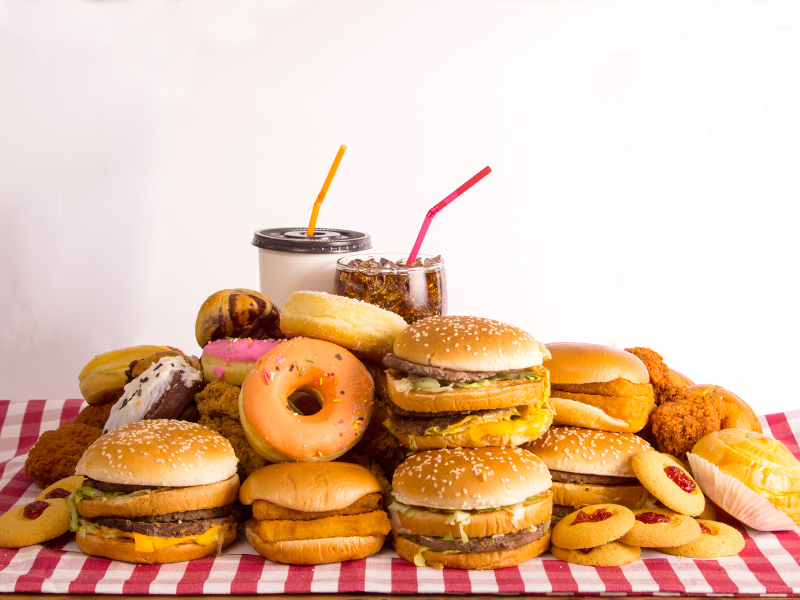

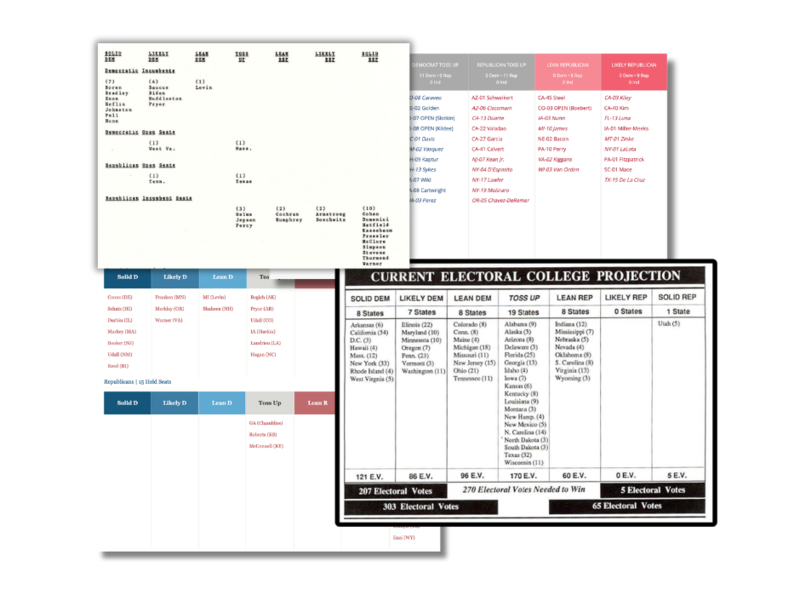
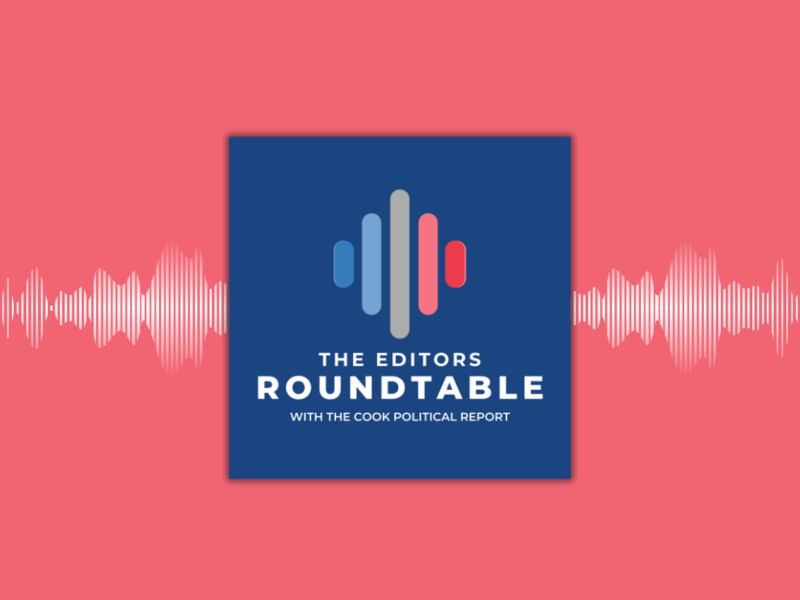
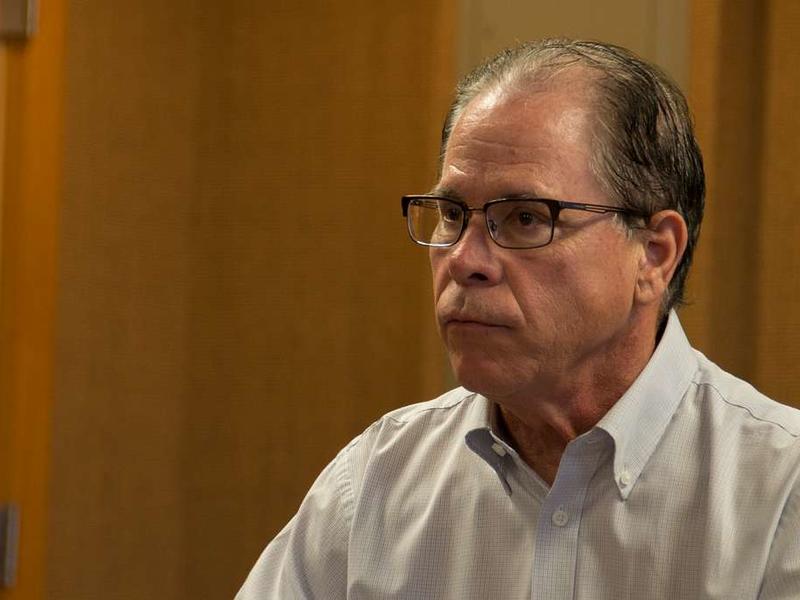

Subscribe Today
Our subscribers have first access to individual race pages for each House, Senate and Governors race, which will include race ratings (each race is rated on a seven-point scale) and a narrative analysis pertaining to that race.